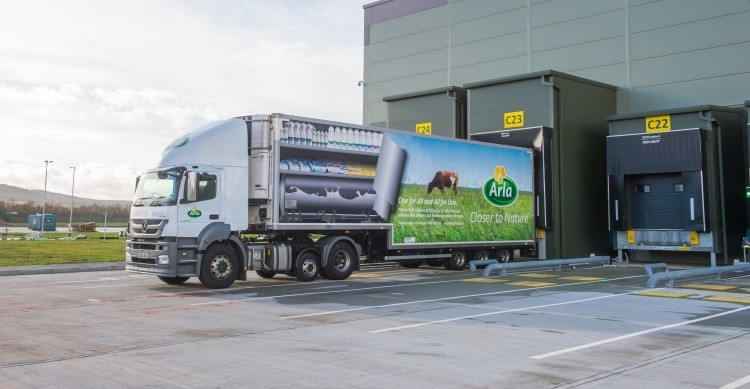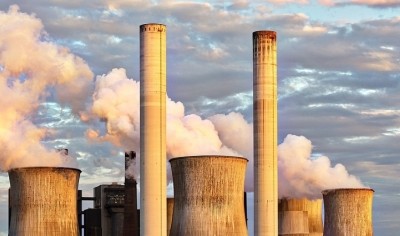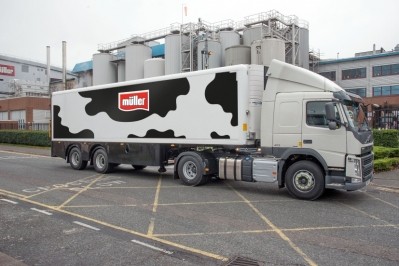Arla announces environmental targets

The company plans to make its entire operation be carbon net zero by 2050 with any unavoidable emissions offset elsewhere in the supply chain. It aims to balance nitrogen and phosphorus cycles to support clean water systems and become more closely aligned with nature to further increase biodiversity across Britain’s countryside.
Arla Foods UK managing director Ash Amirahmadi said: “One of the greatest challenges facing us all is providing natural, nutritious food for a growing population while reducing our collective impact on the world around us. Arla has already shown this is possible and the new ambitions announced today will ensure Arla’s farmers, production sites and products continue to play their part in developing a sustainable world for everyone.”
Arla farmer owner Jonathan Sharp added: “Every day Arla farmers take steps to support and shape Britain’s countryside. No one feels the effects of varying weather patterns more than farmers; it has a direct impact on the animals we care for, the food we produce and the money we make. We’ve taken some big steps at Arla, but we can’t take our feet off the pedal. Every business and individual in every walk of life will need to think about their impact on the world in the years to come.”
Arla has already made some progress in the environmental sector, having managed to produce almost 50% more milk since 2005, despite its CO2 emissions being reduced by 22% across production and packaging and down 24% on farms since 1990.
The business outlined how its UK farmer owners had driven sustainability changes by using robotics to milk cows whenever they wanted; adjusting grazing systems to help absorb carbon dioxide out of the atmosphere; opening land for public use; leaving land fallow; and utilising more renewable energy sources.
Between 2015 and 2018, Arla cut the annual emissions of carbon from its Aylesbury site by more than half, or by 15,000 tonnes, by switching to using biogas. It has since created a circular economy for its Aylesbury operations, working with Olleco and McDonald’s as shown in this video.
It also reported a 48% reduction in its UK plastic carbon footprint, equivalent to 72,937 tonnes since 2005 or taking over two million 4pt milk bottles off the shelf. Arla has achieved this by making 84% of the products made in the UK recyclable, reducing the weight of its standard milk bottles by 25.5%, and using up to 40% recycled plastic in the bottles.





















